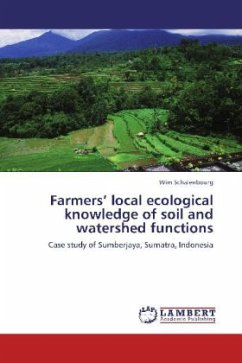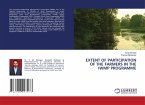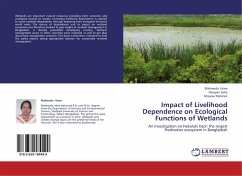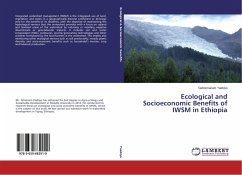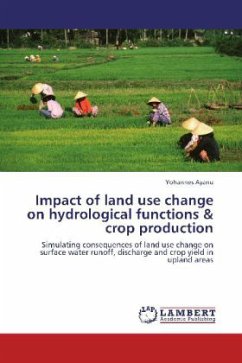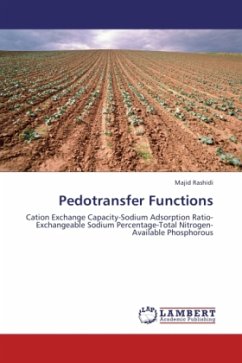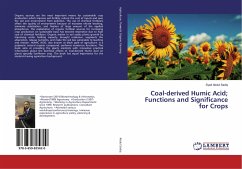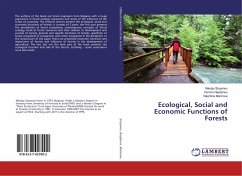Since the 1950s, migration to the isolated valley of Sumberjaya in Sumatra s mountains triggered waves of deforestation and conversion to coffee gardens, resulting in violent conflicts with governmental army forces. Currently, negotiation among all stakeholders aims at mutually beneficial solutions for these land use disputes. But how do farmers perceive the consequences of deforestation and the disintegration of the watershed functions in their area? Through in-depth interviews and questionnaires, systematised knowledge base of farmer knowledge on water and soil functions has been constructed. The collected knowledge has been compared to both scientific knowledge and knowledge of other stakeholders in the area. The findings of the research are that local farmers display a profound and detailed understanding of soil and water functions. Their local ecological knowledge is found consistent with and comparable to scientific hypotheses. However, farmers clearly lack the incentives to implement their rich knowledge in practice. Reasons might be the harsh socio-economic conditions, the land tenure uncertainty and the difficulties of collective action to protect common resources.
Bitte wählen Sie Ihr Anliegen aus.
Rechnungen
Retourenschein anfordern
Bestellstatus
Storno

